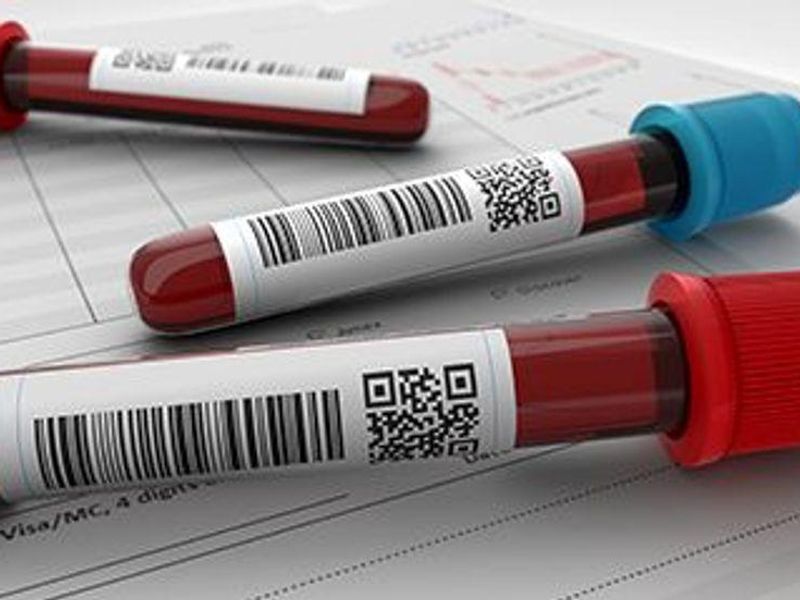WEDNESDAY, July 13, 2022 (HealthDay News) — Children and adults with severe acute respiratory syndrome coronavirus 2 (SARS-CoV-2) infection have persistent antibodies up to 10 months after infection, and children have higher antibody titers than adults, according to a study published online July 13 in JAMA Network Open.
Costanza Di Chiara, M.D., from the University of Padua in Italy, and colleagues examined long-term anti-SARS-CoV-2 spike receptor-binding domain (S-RBD) immunoglobulin G (IgG) kinetics in children after SARS-CoV-2 infection in a single-center prospective cohort study. A total of 252 COVID-19 family clusters underwent serologic follow-up at one to four, five to 10, and more than 10 months after infection.
Overall, 697 of the 902 study participants had confirmed SARS-CoV-2 infection, including 351 children or older siblings and 346 parents. The researchers found that 96.7 percent of the 697 cases were asymptomatic or mild. Across all follow-up time points, children had significantly higher S-RBD IgG titers than older patients, with an overall median S-RBD IgG titer fivefold higher for children younger than 3 years versus adults (304.8 versus 55.6 kBAU/L). In all age classes, antibodies persisted up to 10 months after infection in a longitudinal analysis of 56 participants, although there was a progressive decline over time.
“This study may provide an important basis to determine the schedule of COVID-19 vaccination in non-previously infected children and of booster immunization in pediatric patients who have already experienced COVID-19,” the authors write.
Copyright © 2022 HealthDay. All rights reserved.


